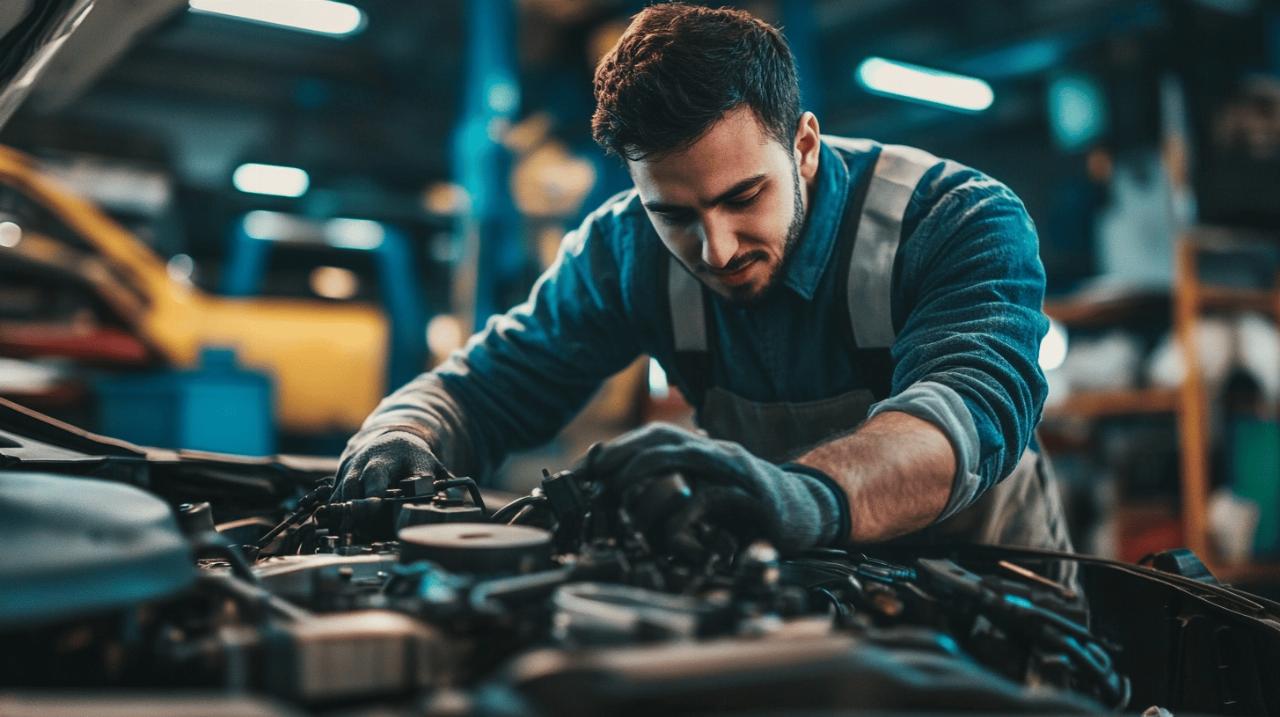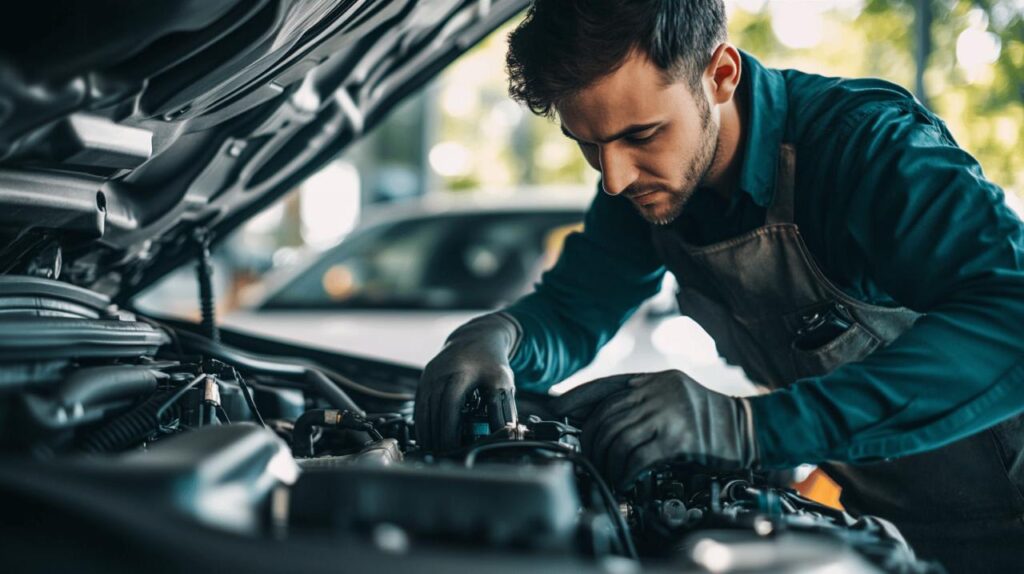Few things are as frustrating as turning your key in the ignition only to hear silence, a click, or worse—the engine cranking but never catching. Car starting issues can leave drivers stranded at the most inconvenient times, disrupting daily routines and causing unwanted stress. Understanding the common causes behind these problems can help you diagnose and sometimes even resolve them without professional assistance.
Identifying battery-related starting problems
The battery is often the primary culprit when your car refuses to start. According to automotive experts at motorpublish.it, a specialist website covering various vehicle-related topics, battery issues account for a significant percentage of starting failures. Their recent February 2025 article specifically addresses scenarios where cars fail to start even with a new battery installed, highlighting how interconnected vehicle starting systems truly are.
Signs of a discharged or failing battery
When you attempt to start your vehicle and hear a rapid clicking noise, this typically indicates insufficient power from your battery. This situation may arise from leaving lights on overnight, electrical components drawing power while the car sits unused, or simply an aging battery nearing the end of its lifespan. A completely silent response when turning the key often suggests a totally discharged battery or severely corroded terminals preventing electrical flow. Most batteries require replacement every three to four years, though this varies based on usage patterns and environmental conditions.
Battery testing and jump-starting procedures
Testing your battery can be done with a multimeter or battery tester to check its voltage. A healthy car battery should read approximately 12.6 volts when fully charged. If your battery is discharged but otherwise functional, jump-starting might temporarily resolve the issue. Connect jumper cables correctly with both vehicles turned off, connecting the positive terminals first, then the negative terminal of the good battery to an unpainted metal surface on the dead car. After jump-starting, drive for at least 30 minutes to allow your alternator to recharge the battery. For recurring battery issues, investigate whether your alternator is functioning properly, as a faulty alternator will prevent proper battery charging during vehicle operation.
Starter motor complications
 While battery problems are common, starter motor issues represent another frequent cause of starting failures. The starter motor is responsible for initiating engine rotation when you turn the key or press the start button. When this component begins to fail, distinctive symptoms typically appear that differ from battery-related problems.
While battery problems are common, starter motor issues represent another frequent cause of starting failures. The starter motor is responsible for initiating engine rotation when you turn the key or press the start button. When this component begins to fail, distinctive symptoms typically appear that differ from battery-related problems.
Recognising symptoms of a faulty starter
A single click rather than multiple rapid clicks often points to starter motor problems rather than battery issues. This sound occurs when the starter solenoid engages but the motor itself fails to turn the engine over. Sometimes the starter motor may work intermittently, creating an unpredictable starting pattern that can be particularly frustrating. In other cases, grinding noises during startup attempts indicate mechanical problems within the starter, such as worn gears failing to properly engage with the flywheel. Age and regular use inevitably lead to starter wear, with most units lasting between 100,000 and 150,000 miles before requiring attention.
Starter motor replacement and repair options
Diagnosing starter motor issues typically requires professional assessment, though visual inspection might reveal obvious problems like loose connections or physical damage. Repair options range from fixing or replacing the solenoid to complete starter motor replacement. While some skilled home mechanics might tackle starter replacement themselves, the procedure often involves accessing difficult-to-reach areas beneath the vehicle and dealing with heavy components. Professional replacement services typically include testing the entire starting system to ensure no other components are contributing to the problem. When selecting replacement parts, quality matters significantly, as aftermarket starters vary widely in durability and performance. Many automotive specialists recommend using original equipment manufacturer parts when possible to ensure proper fit and function.


